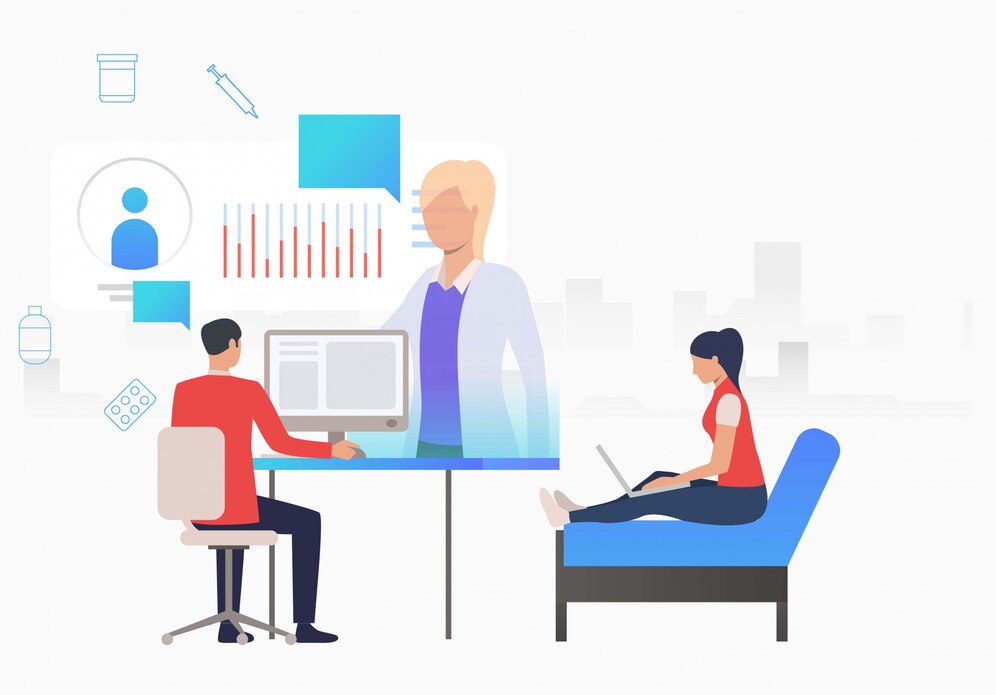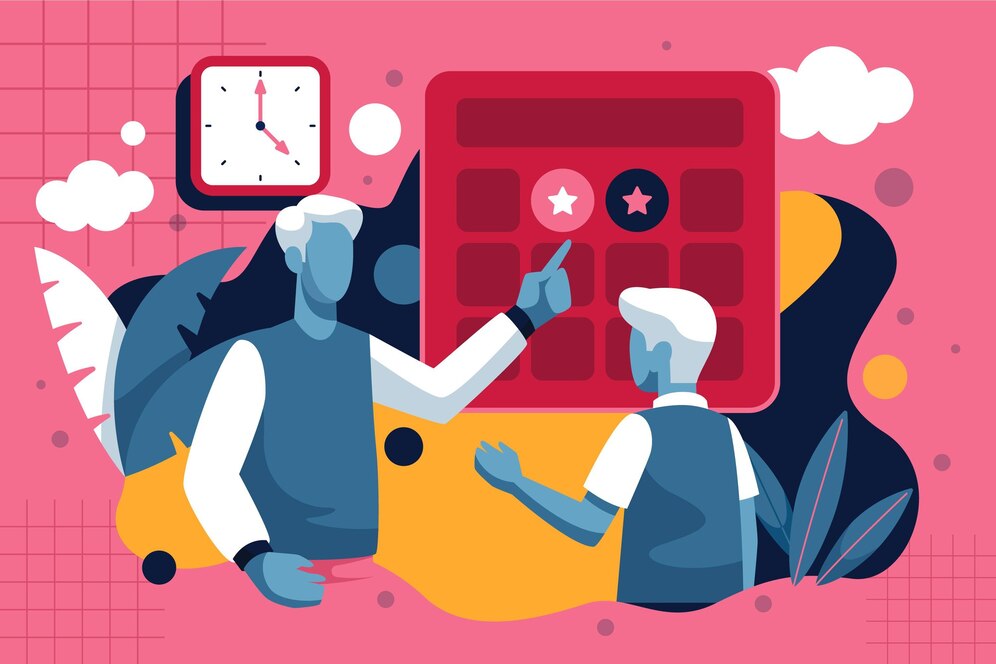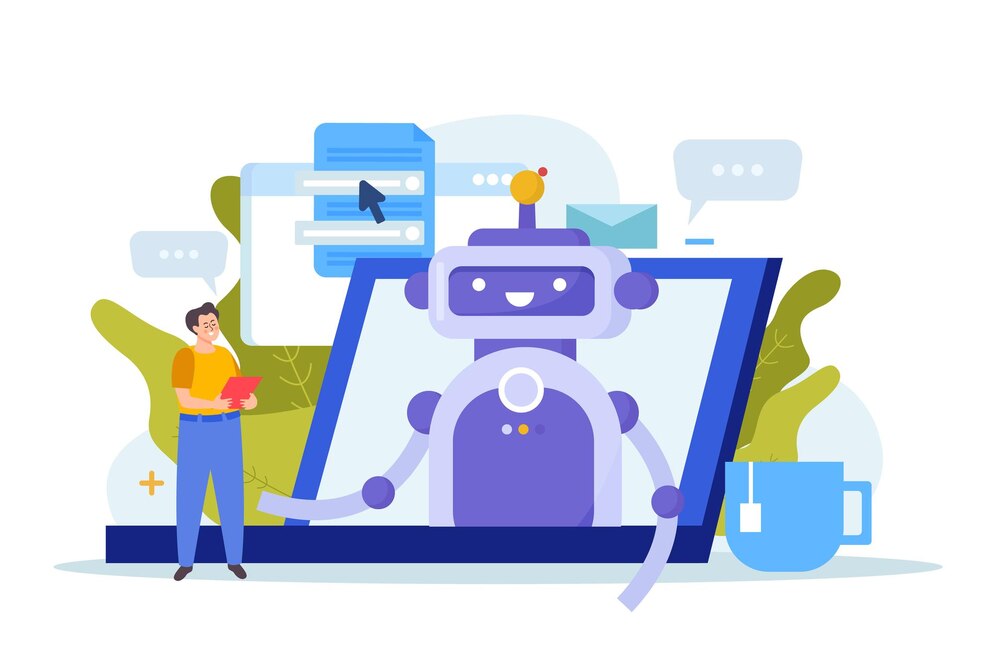The recruitment industry is undergoing a profound transformation, driven by advancements in artificial intelligence (AI) and automation. As organizations strive to enhance efficiency, reduce biases, and improve candidate experiences, AI recruitment tools are becoming indispensable. This blog delves into the future of recruitment technology, exploring the role of AI in hiring, the emergence of Interview as a Service (IaaS), and the balance between human expertise and machine intelligence.
The Rise of AI in Recruitment
Artificial intelligence has permeated various facets of recruitment, from sourcing and screening to interviewing and onboarding. According to a survey by the Boston Consulting Group, 70% of companies experimenting with AI or Generative AI are applying it within HR, with talent acquisition being the primary use case BCG.
Key Applications of AI in Recruitment:
Resume Screening: AI algorithms can swiftly analyze resumes, identifying key skills and experiences that match job requirements, thereby reducing the time spent on manual screenings.
Candidate Sourcing: AI tools can scan various platforms to identify potential candidates, expanding the talent pool beyond traditional channels.
Interview Scheduling: Automated scheduling tools can coordinate interviews across different time zones, streamlining the process for both recruiters and candidates.
Candidate Assessment: AI-powered assessments can evaluate candidates’ technical skills, cognitive abilities, and cultural fit, providing data-driven insights to inform hiring decisions.
These applications not only expedite the hiring process but also enhance the quality of hires by ensuring a more objective and comprehensive evaluation.
Interview as a Service: Revolutionizing Remote Hiring
With the shift towards remote work, traditional interview methods have become less effective. Interview as a Service (IaaS) offers a scalable, AI-driven solution to this challenge. Platforms like JobTwine’s Interview as a Service provide structured, on-demand interviews that can be customized to assess specific competencies and skills.
Benefits of IaaS:
Global Talent Pool Access: IaaS eliminates geographical constraints, allowing companies to tap into a diverse pool of candidates worldwide.
Bias Reduction: Standardized interview processes help minimize unconscious biases, promoting diversity and inclusion in hiring.
Cost Efficiency: By automating parts of the interview process, organizations can reduce costs associated with recruitment.
Enhanced Candidate Experience: AI-driven interviews provide candidates with a consistent and transparent evaluation process, improving their overall experience.
For a deeper understanding of how IaaS can benefit remote hiring, explore this detailed blog post.
AI vs. Human Recruitment: Striking the Right Balance
While AI offers numerous advantages, human expertise remains crucial in recruitment. AI excels at automating repetitive tasks and analyzing large datasets, but it lacks the emotional intelligence and nuanced judgment that human recruiters provide. The future of recruitment lies in a hybrid approach that combines the efficiency of AI with the empathy and insight of human recruiters.
Advantages of a Hybrid Recruitment Model:
Enhanced Decision-Making: Human recruiters can interpret AI-generated insights within the context of organizational culture and team dynamics.
Improved Candidate Engagement: Human interaction fosters stronger relationships with candidates, enhancing their experience and perception of the company.
Ethical Oversight: Humans can ensure that AI tools are used responsibly, addressing any ethical concerns and ensuring compliance with regulations.
By integrating AI tools with human judgment, organizations can create a more effective and ethical recruitment process.
The Ethical Considerations of AI in Recruitment
As AI becomes more prevalent in recruitment, ethical considerations must be addressed. Studies have highlighted potential biases in AI hiring tools. To mitigate these risks, organizations should:
Regularly Audit AI Systems: Conduct periodic reviews to identify and rectify any biases in AI algorithms.
Ensure Transparency: Provide candidates with clear information about how AI is used in the hiring process.
Promote Diversity in Data: Use diverse datasets to train AI models, ensuring they are representative of all demographic groups.
By proactively addressing these ethical concerns, organizations can build trust with candidates and ensure a fair hiring process.
The Future Outlook: AI-Driven Recruitment in 2025 and Beyond
Looking ahead, AI is set to play an even more significant role in recruitment. According to Deloitte’s 2025 talent acquisition trends, AI-augmented models will assist talent acquisition teams in prioritizing candidate assessments and developing insights to inform hiring strategies Deloitte Brazil.
Emerging Trends in AI Recruitment:
Predictive Analytics: AI will analyze historical data to predict candidate success and retention, enabling more informed hiring decisions.
Natural Language Processing (NLP): Advancements in NLP will improve AI’s ability to understand and interpret human language, enhancing candidate assessments.
Continuous Learning: AI systems will continuously learn from new data, improving their accuracy and effectiveness over time.
As these technologies evolve, organizations that embrace AI-driven recruitment will have a competitive edge in attracting and retaining top talent.
The future of recruitment technology is undoubtedly AI-driven, offering numerous benefits such as enhanced efficiency, reduced biases, and improved candidate experiences. However, the human element remains essential in interpreting AI insights and making final hiring decisions. By adopting a hybrid approach that leverages both AI and human expertise, organizations can create a more effective, ethical, and inclusive recruitment process.
For more insights into AI in recruitment and to explore solutions like Interview as a Service, visit JobTwine.



